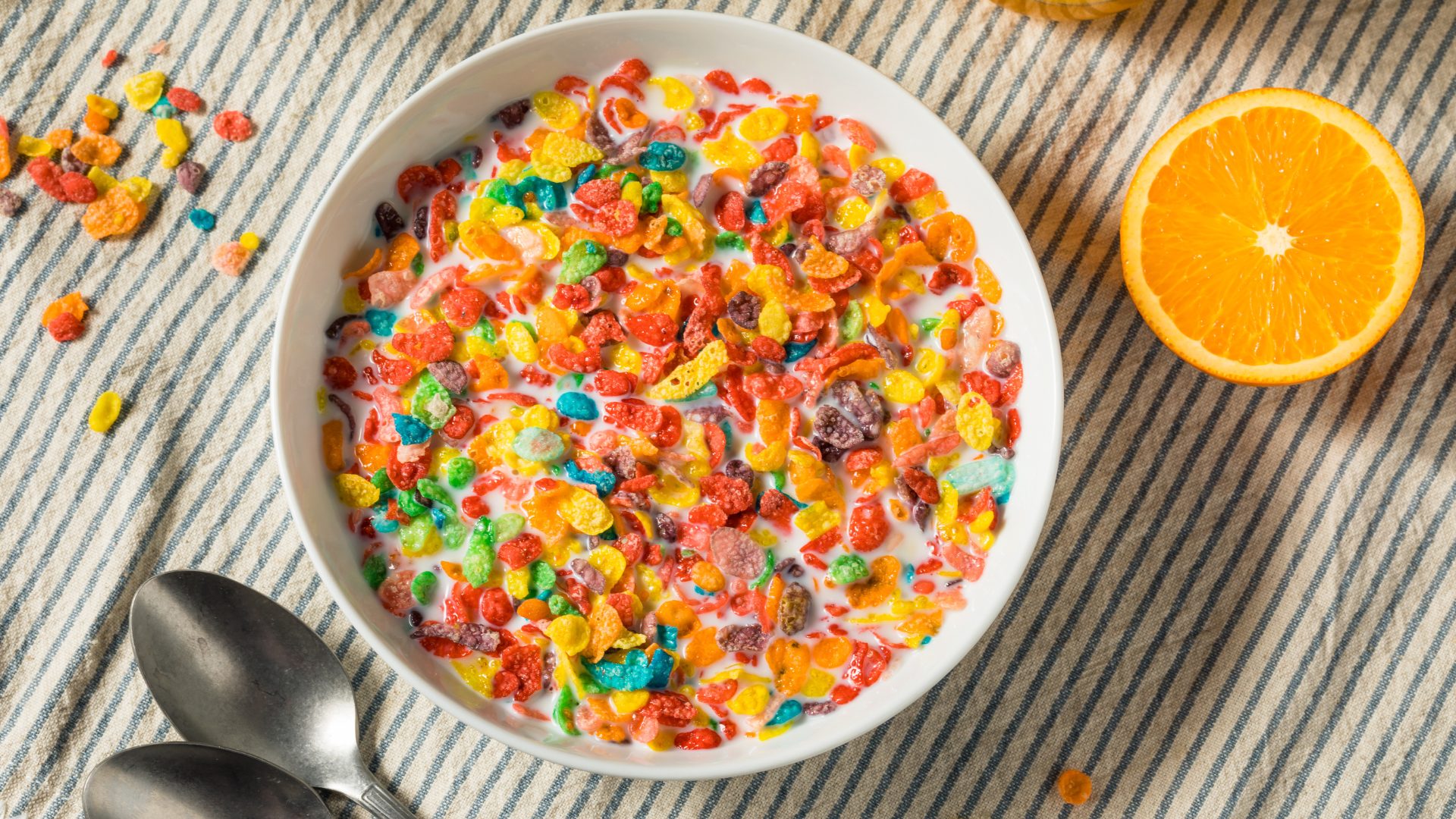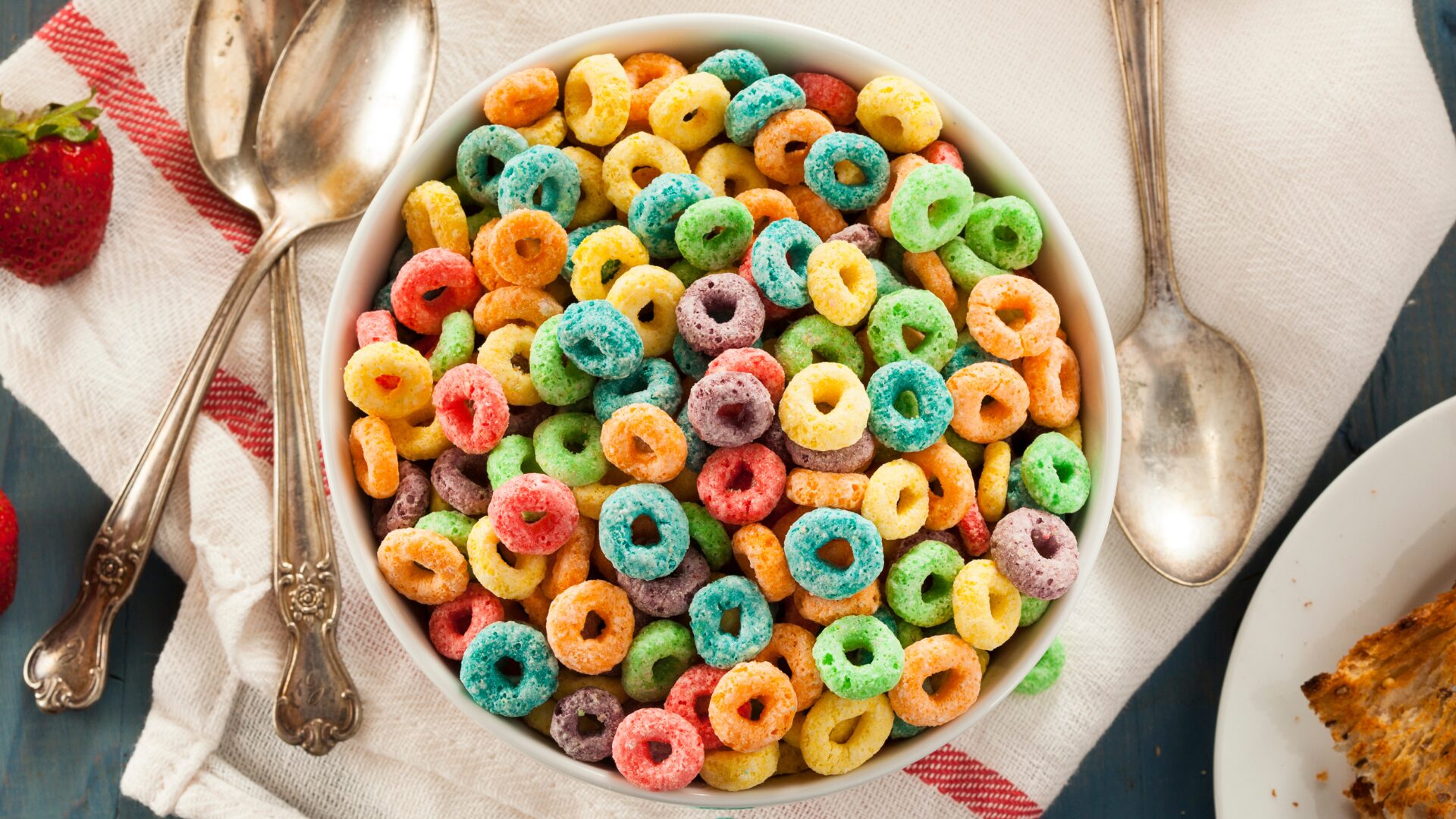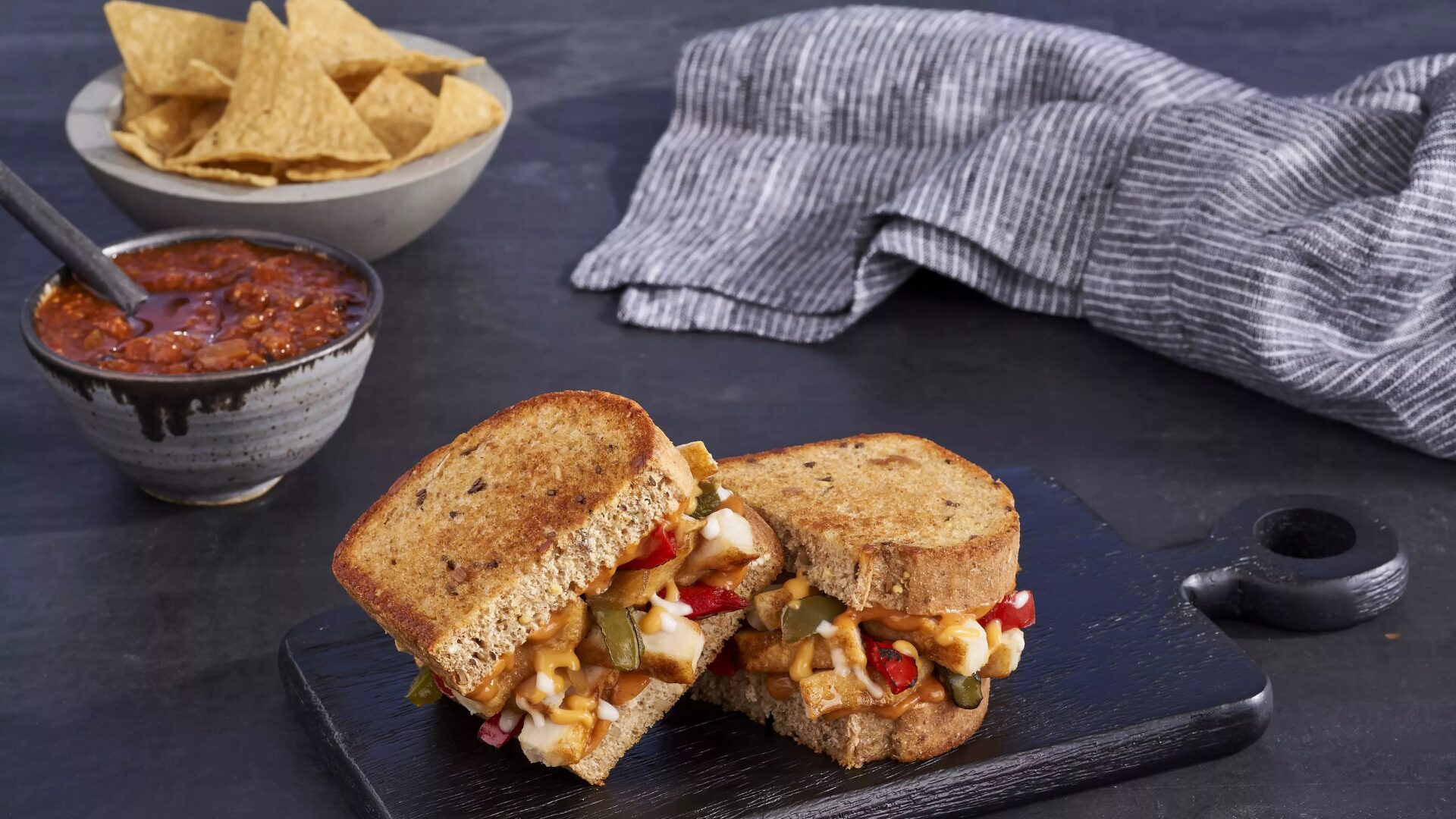Go ahead: Grab the Häagen-Dazs. Dietitians and influencers say it’s OK – once in a while.
That’s the theory behind the anti-diet movement: moving people away from their obsession with weight and weight loss, and toward a healthier relationship with food.
Food manufacturers are listening.
Registered dietitian Trista Best of Balance One Supplements told The Food Institute the anti-diet movement is focused on making peace with food.
“It isn’t to be confused with anti-health, quite the opposite, actually,” Best said.
“Individuals who take part in this movement allow themselves to feel their cravings, get in touch with their true hunger and fullness cues, and attempt to live a guilt-free life. ….”
Registered dietitian Chrissy Arsenault with Trainer Academy said the idea of promoting indulgent, junky foods as a way to combat obsessions with thinness and dietary restrictions seems to be picking up steam, with social media influencers – intuitive registered dietitians, in particular – pushing the idea that no foods are off limits.
General Mills – maker of Cocoa Puffs and Lucky Charms cereals – is among the big food corporations attempting to cash in on the movement. The Washington Post and The Examination, a nonprofit newsroom focused on global public health, reported General Mills has initiated a campaign touting anti-diet research highlighting the harm caused by food shaming. The report said the company hired lobbyists to fight federal efforts to add information to food labels and attempted to shift blame for the growing obesity rate away from processed foods, additives and artificial sweeteners.
The Examination told NPR the anti-diet movement actually started in the 1960s as a way to fight weight stigma. She said, however, major food companies now are distorting the message, with General Mills taking the message a step further by making the case “that putting on food packages if a product is high in sugar or fat or another unhealthy ingredient was food-shaming consumers, and therefore it needed to be opposed.”
General Mills did not respond to a request for comment.
The result, Arsenault said, is grocery retailers giving more prominent shelf space to full-fat, indulgent versions of foods at the expense of healthier options.
“Food brands have jumped all over it as a fresh marketing angle, influencers are amplifying the message, and it’s impacting what grocery stores choose to stock and display,” Arsenault said.
“However, I do have reservations about whether this is actually sustainable as a lasting shift in how we think about food and nutrition long term as we see the health impacts of people eating more indulgent foods more often.”
Mike Breslin of ProMed DME called the movement potentially disastrous for people with health conditions like diabetes.
“The potential increase in the market share of full-fat and sugary products could contribute to the obesity epidemic if not managed carefully,” Breslin said. “It’s essential for healthcare providers and marketers to foster a balanced message that encourages enjoyment of food while also highlighting the importance of portion control and nutritional balance.
“This dual approach can help mitigate the risks associated with obesity while respecting consumer trends towards less restrictive diets.”
The Post-Examination report looked at social media posts from 68 registered dietitians who use anti-diet and found many of them are backed by food- and supplement-makers.
Federal statistics show the U.S. obesity rate has more than doubled since the 1980s.
“Fad diets (keto, low-carb, intermittent fasting, carnivore) are not sustainable for most people long-term, and people often end up regaining the weight loss, plus more,” eating disorder dietitian Victoria Whittington told FI.
The Food Institute Podcast
How are foodservice consumers contending with persistent inflation? Are they eating more at home, for example, or continuing to treat themselves at their favorite restaurants? The latest episode of The Food Institute Podcast examines that topic with Krystle Mobayeni of BentoBox, who dissected rapidly evolving consumer dining dynamics.












